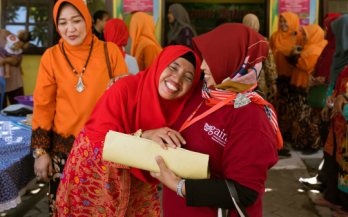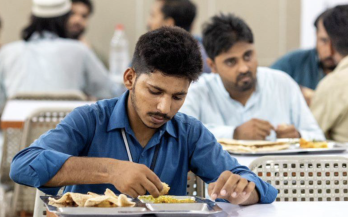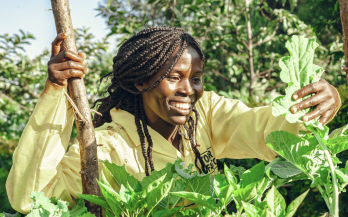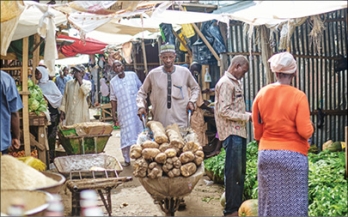In a perfect world, functional food systems would provide multiple benefits for everyone, including healthy diets, environmental sustainability, and improved livelihoods . Unfortunately, we live in a far from perfect world. Over three billion people cannot afford a healthy diet, some 735 million people face hunger, and obesity rates are on the rise .
As countries develop their National Pathways for food systems transformation, one emerging need is to
ensure policies land at different levels. A truly effective ‘national’ policy must span all sub-national areas.
This brief describes how and why we take the approach we do at both national and global levels, including key features of the way we work.
To better understand the primary pathways through which gender norms impact children’s diets, this scoping review examines recent literature on gender issues related to child feeding in LMICs. It seeks to identify trends that occur within specific populations and cross-culturally. The findings will support increased gender sensitivity across GAIN programmes.
Food systems are a foundation of human and planetary well-being and central to achieving the Sustainable Development Goals. Yet they also contribute to ill health, inequity, environmental degradation, and greenhouse gas emissions. These challenges demand urgent food systems transformation. Such a transformation requires understanding the status of food systems across their diverse functions.
The objective of this working paper is to reflect on current programmatic approaches that aim to improve access to and demand for healthier diets via employer delivery mechanisms in factory settings.
The objective of this working paper is to reflect on current programmatic approaches that aim to improve access and demand for nutritious foods via employer delivery mechanisms in farm settings.
A strategy to catalyse a global food systems transformation for people, planet and prosperity using cities as entry points.
Le projet de recherche sur les modèles commerciaux GAIN vise à définir des modèles commerciaux prometteurs pour rendre les aliments nutritifs plus accessibles aux consommateurs à faible revenu.
The scope of this review focused on traditional markets, which provide millions of people with nutrient-rich commodities like animal-source foods and fresh produce. However, these same foods are the leading cause of foodborne disease globally. The research, based on insights from 11 literature reviews, revealed that there is a strong connection between food safety, nutrition, and health. To address these issues, a food systems approach is required.










